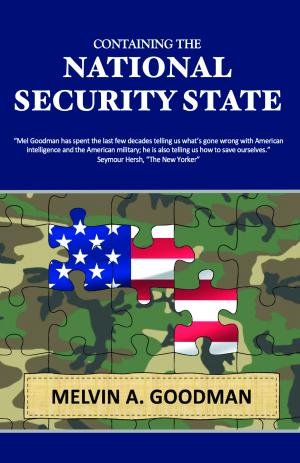Bio

Melvin A. Goodman is a senior fellow at the Center for International Policy in Washington, DC, and an adjunct professor of international relations at Johns Hopkins University. His 42-year government career included tours at the Central Intelligence Agency, the Department of State, and the Department of Defense’s National War College, where he was a professor of international security. His books on international security include “A Whistleblower at the CIA: The Path of Dissent;” “National Insecurity: The Cost of American Militarism;” “Bush League Diplomacy: How the Neoconservatives are Putting the World at Risk;” “The Wars of Eduard Shevardnadze;” “The Phantom Defense: America’s Pursuit of the Star Wars Illusion;” “The End of Superpower Conflict in the Third World,” and “Gorbachev’s Retreat: The Third World.”
He has written numerous articles and opeds that have appeared in the New York Times, the Washington Post, the Baltimore Sun, Foreign Policy; Harper’s Magazine; the Bulletin of the Atomic Scientists; and the Foreign Service Journal. His TV appearances include the PBS Newshour; the Amy Goodman Show; NBC; and CBS. He has lectured at college campuses all over the country as well as to numerous chapters of the World Affairs Council, the Council on Foreign Relations, and various veteran organizations. In 1991, he testified before the Senate intelligence committee in order to block the confirmation of Robert M. Gates as director of the CIA.
Recent News and Latest Book
Trump’s Russia Problem
In two and a half years, Donald Trump and his national security team have managed to worsen virtually every aspect of American national security policy. Trump has bullied and harangued our traditional West European allies and, as a result, bilateral relations with Britain, France, and Germany have become more difficult. France, Germany, and even Japan have begun to rethink their security policies because of the uncertainty that surrounds dealing with the Trump administration. President Barack Obama left Trump a path for dealing with traditional foes in Cuba and Iran, but the president has made these issues far more problematic and, in the case of Tehran, raised the specter of confrontation.


